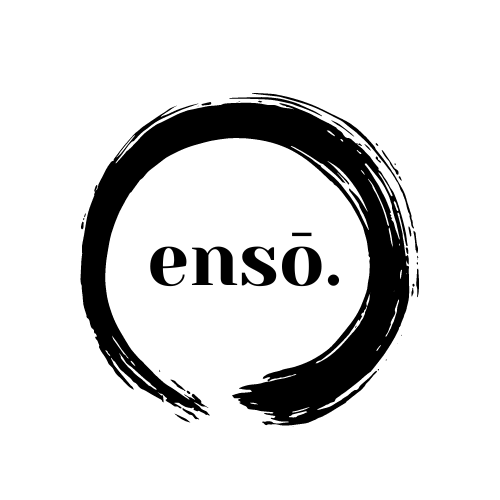Flawed Humans Leading Flawed Humans
Why Every Leader Needs a Coach
Leaders are humans. Humans are flawed. Leaders lead other humans. Leadership is basically flawed humans leading flawed humans. Read on to learn how becoming more aware of your programming and engaging in coaching can DEEPLY impact the lives of the people you lead.
Leaders hold a critical role (if not - the most critical role) in any organization. They’re responsible for driving results from their teams and effectively communicating and representing the organization’s purpose, mission, and values to their people. They are responsible for the day to day engagement and performance of their team members as well as their enjoyment or dissatisfaction. Leaders are responsible for building their teams with individuals who will align with the mission and purpose of an organization but must also do so in a way that exposes the company to diversity of thought and experience. They have to make sure risks are low but innovation is high and boundaries are pushed. AND leaders are ultimately the key role responsible for employees’ personal experience within the organization.
Leaders are responsible for a lot. And guess what - leaders are humans.
Humans are complicated.
Humans are flawed.
Leaders are just flawed humans who are leading other flawed humans.
We (either personally or through the organization) invest in standard leadership focused training and development - conflict resolution, diversity equity inclusion and belonging, change management, employment law, organizational standards, etc.
If you’re lucky your organization might train leaders and get into a deep understanding of behavior (DISC, Meyers Briggs, Enneagram, etc.) Leaders gain awareness, which awareness is the first step - and we ultimately have a better understanding of who WE are. In some less promising experiences, I’ve seen behavioral awareness leading to excuses for how one shows up, ie. “I’m a high D behavior so I’m going to be very aggressive in my approach to goals. That is just how I am.” But what now? What do we do with that information?
Some organizations will focus and train on Unconscious Biases - which is SO valuable. And even with this deep work - I hear leaders walking away with the critical understanding that “Everyone has biases” - which is so true. But what now? How do we maneuver through our biases and lead the team?
We walk away with these foundational understandings of WHO we are and HOW biases can impact how we interact with others…but WHAT are we doing differently? HOW does that show up on a day to day basis? WHO is holding us accountable to making strides in the right direction? WHAT are we actually DOING to be BETTER LEADERS?
There is a GAP between understanding and application.
A coach will help take what the leader understands - and help them build a path to applying it on a day to day (week to week, year to year) basis.
Start with awareness - dig into what the leader knows and understands about themselves, their beliefs, their values.
Provide perspective - a coach will offer other perspectives that might not be available to that leader at that time - opening up a new level of awareness in an unattached way.
Brainstorm other options - a coach will work with the leader on how they might approach a situation, goal, relationship, etc. differently and offer up new solutions that will ultimately lead to the result they want.
Serve as an accountability partner - a coach is going to help the leader with accountability based on what they want, their goals, and their purpose - ultimately supporting them in staying aligned with their values.
In the past, I considered myself to be a good leader. I lead with openness, tried to be as communicative as possible, I was transparent, and authentically me. What I came to understand (through working with a coach) is that my version of transparency and communication - might not be valued by certain team members who didn’t want all the details or preferred less communication. My tactics for getting things done didn’t always resonate with my leaders - in some cases turned them off to what I was ultimately trying to influence or do. I also learned that a leader (ie. me) who leads with pure authenticity - can also show up as selfish - if we’re not taking into account the needs of the team, the goals and needs of the organization, BALANCED with who I am and what my needs are as a leader.
This is HARD WORK! It was a slap in the face for me, personally. I realized how I failed as a leader and how much more effective I could have been if I was armored with different tools. This awareness is what led me to doing this work and supporting leaders in their journey to being an enlightened leader.
And the work doesn’t stop. As we continue working with different people with different needs - all the while being exposed to more information (data) and more external influences (social media) - the work will continue to get MORE COMPLICATED!
What investments are we, and our organizations, making in gaining a better understanding of how our own view of the world, our own experience, our programming, and the lens with which we experience the world, impacts those around us?
How much time are we considering how these factors impact how we lead and ultimately the experience of the people we lead.
Click below to schedule a free consultation and see how we might support you on your journey to transform the human experience through being a more enlightened leader.

